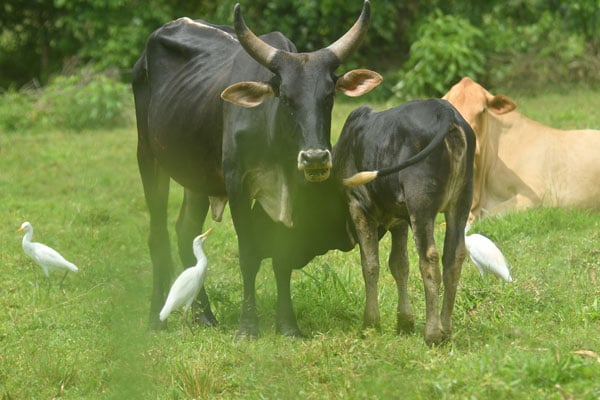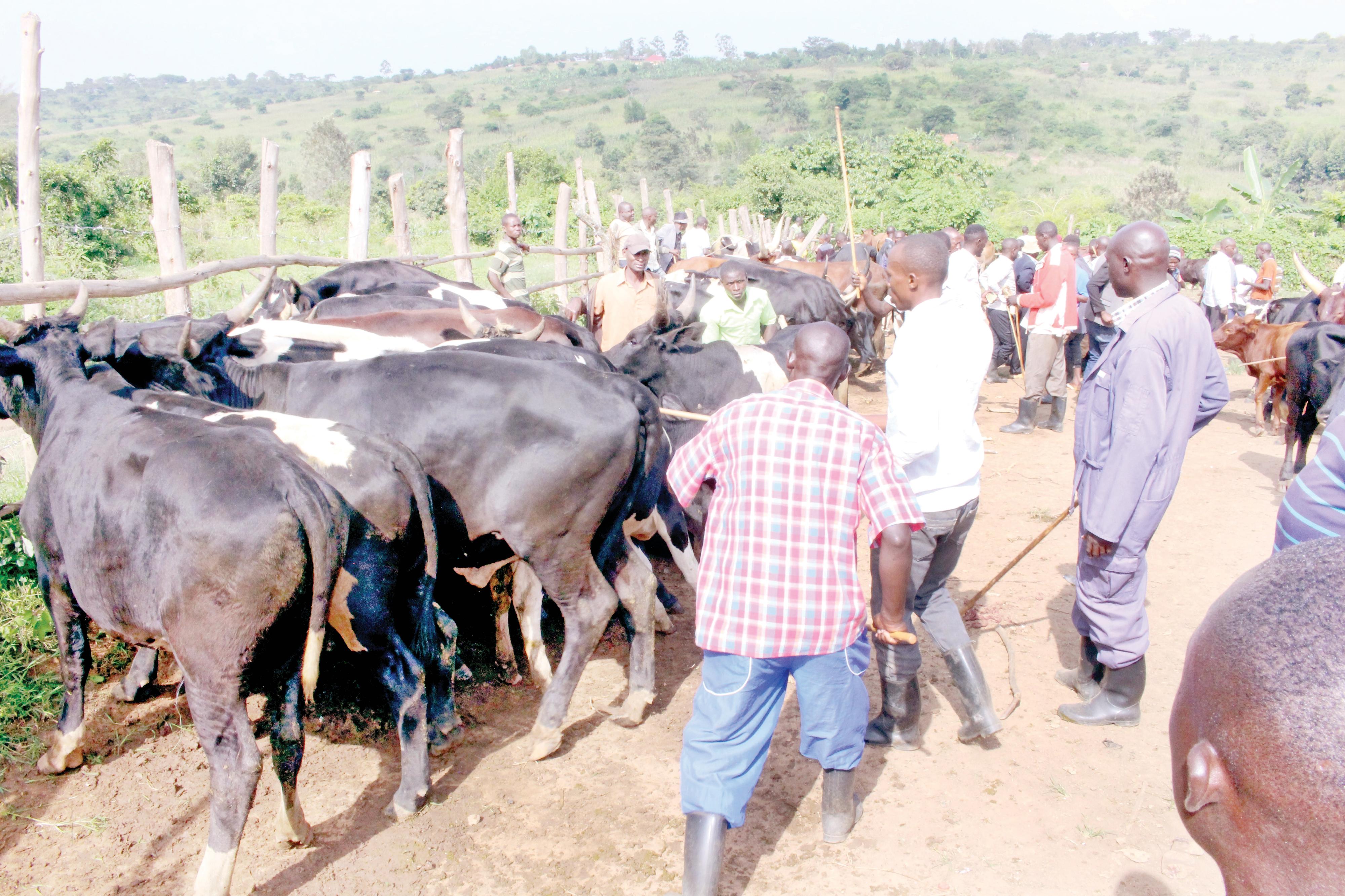Prime
Civil society, MPs moot policy to enable taxation of pastoral income

MPs want to incorporate the issue of expanding the tax base by enabling taxation of incomes from pastoral activities. Photo / Edgar R Batte
What you need to know:
- If the law is achieved, government will be able to address challenges such as tax, land, food security, environment and climate change in pastoral communities.
Members of Parliament (MPs) and Coalition of Pastoralist Civil Society Organisations from pastoral communities are revisiting laws that will enable government and local authorities to tax pastoral communities.
If the laws are passed, government will be able to address challenges such as tax, land, food security, environment, and climate change in the transhumance communities.
The Rangelands Management Policy as it is called will streamline the operations in the cattle corridors.
Mr Brians Agaba, the Coalition of Pastoralist Civil Society Organisations coordinator, said despite the enormous potential of pastoralism, the production ecosystems remain stuck in challenges and lack a transformation plan.
“Pastoralists are affected by food insecurity, climate change uncertainties, land tenure insecurity, oil and mineral exploration, and gazetting of land for protected areas,” he said.
Mr Agaba explained that the Agriculture Ministry embarked on the development of the National Rangeland and Pastoralism Policy to address the challenge of economic, cultural, and social needs of pastoral communities.
“The policy will be key in creating an investment guide, promote sustainable use and management of natural resources including land, water, and pasture,” he said.
Initiated in 2012
The policy was initiated in 2012 but has not been endorsed to date.
Ms Christine Nakimwero Kaaya, the Kiboga Woman MP, said through the policy, Members of Parliament want to incorporate the issue of expanding the tax base in the cattle corridor.
“There are a lot of activities that go untaxed,” she said, noting that the value will enable pastoral communities to demand a percentage from the national treasury to help the rangelands.
Ms Kaaya, who also doubles as the chairperson of Parliament’s Land Management Forum, said the policy will lead to the establishment of pastoral courts to solve matters at community level.
“We would like to manage, preserve, and conserve populations in the rangeland. We are reviving the process, we have already got the certification of financial implications from Cabinet, but we need to come up with the new law so the earlier submissions will be updated,” she said.
Beyond understanding pastoralism, the policy is also seeking to commercialise animal farming.
In Uganda, pastoralists own 80 percent of the national livestock herd including 90 percent of the cattle population.
They occupy the rangelands commonly referred to as the cattle corridor.
Uganda’s “cattle corridor” cuts diagonally across the country from Mbarara in the southwest to Kaabong in the northeast.




